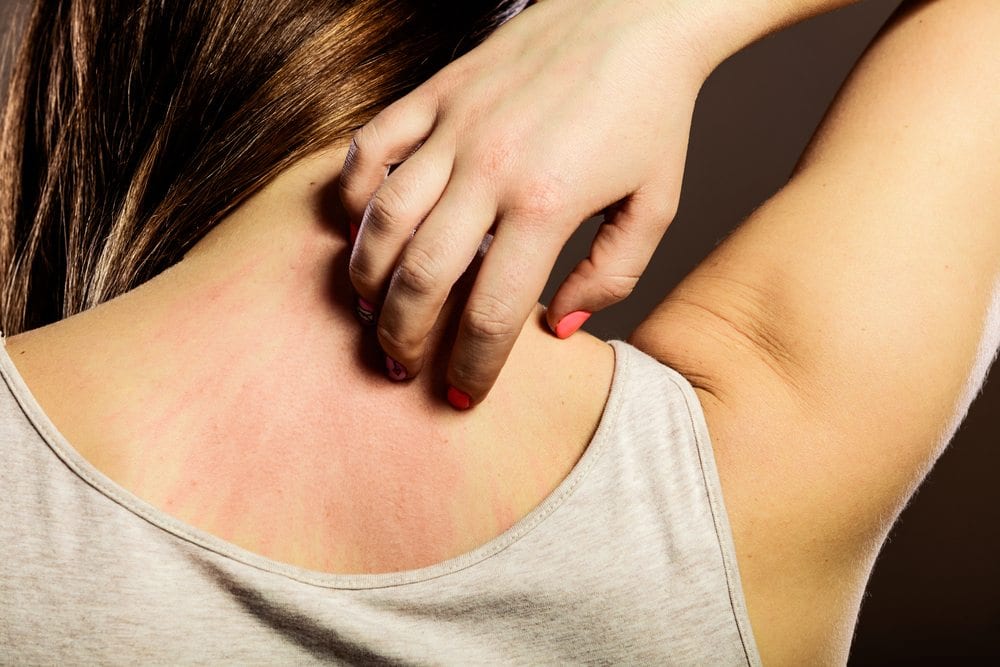
Dermatomyositis is an inflammatory condition that causes the body to produce antibodies that surround small blood vessels and cause muscle degeneration in those areas. Dermatomyositis most commonly presents itself with muscle weakness and skin changes. Weakness is generally symmetrical and isolated close to the trunk of the body in the shoulders, neck, hips or upper extremities. Skin changes usually include a violet-tinted rash on the face, fingers, chest, back, knees or elbows.
Did you know…
that your chance of developing dermatomyositis is higher if you already suffer from a connective tissue disease? The disease can affect both adults and children and is most common among females. The exact cause of dermatomyositis is still unknown though immune system complications and viral muscle infections may play a role in the development of the disease.
Frequently Asked Questions
Could I be at risk for developing dermatomyositis?
Anyone can develop dermatomyositis, but there are a couple of age windows during which the disease is most frequently diagnosed. They include children between the ages of 5 and 15, as well as adults between the ages of 40 and 60.
What types of dermatomyositis treatments are available?
The symptoms of dermatomyositis often occur sporadically, but treatment can help reduce the frequency and severity of occurrences. Immunosuppressant therapies play an important role in preventing rashes and allowing patients to regain muscle tone and function. Other treatments include pain medications, biological therapies, anti-malarial medications and sometimes surgery.
Is there anything I can do to facilitate treatment and help manage dermatomyositis?
Your rheumatologist may suggest modifications to your diet and ongoing physical therapy to help manage the effects of dermatomyositis.
